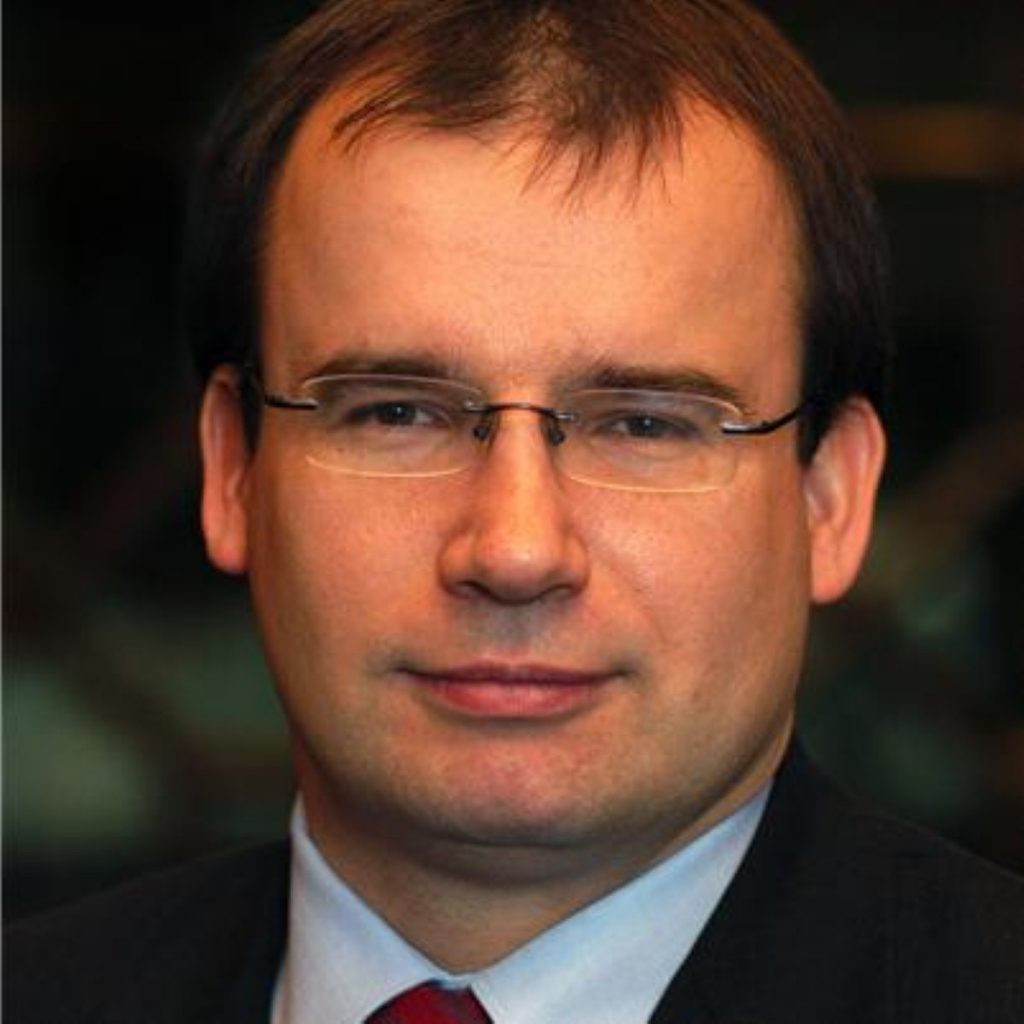Comment: US and France must do more on disaster relief
The lives of those hit by a disaster will depend more than ever on the United Nations.
By Gareth Thomas MP
The number of people affected by natural disasters worldwide is rising year on year with Oxfam estimating that by 2015 a record 375 million people per year will be affected by natural disasters.
Earthquakes, famine, floods, cyclones and drought are all examples of natural disasters that are on the increase and which because of climate change are set to impact on the lives of more and more of the world’s poorest and most vulnerable people in particular.


The international community needs to be ready to respond to these disasters and help countries with their medium and long-term recovery needs.
Since the tsunami, Britain has been centre stage in seeking to improve the United Nations’ ability to respond to natural disasters arguing for more funding, better leadership, sharper co-ordination, more disaster prevention work and more international debate on humanitarian issues.
In a House of Commons debate yesterday however I criticised the US Obama administration and President Sarkozy’s French government for their failure to properly fund the UN’s work responding to natural disasters.
In 2010 Britain allocated over $184 million (£113 million) while the US allocated just $10 million (£6.2 million) and France $7.4 million (£4.6 million) to three key UN funds for disaster relief (the Central Emergency Response Fund, Emergency Response and Common Humanitarian Funds).
After the immediate challenge of a major disaster like the Haiti earthquake or the Pakistan floods there are then medium and longer term challenges for which development work led by the UN is essential. Again the UN’s ability to lead this development effort has been slowly improving thanks to a growing momentum for UN development system reform. This effort, bringing together the skills of all the UN system behind one effective UN leader and a coherent plan, is essential in helping to drive development system reform.
The World Bank too needs to play a sharper role in the effort, stepping up its efforts to co-ordinate with the UN and other agencies.
Organisations as diverse as Oxfam and Valerie Amos, the UN’s emergency relief co-ordinator, all acknowledge the need for still more effort in this area.
Oxfam, in their evidence to the UK’s humanitarian response review chaired by Lord Ashdown, noted that the international humanitarian system is ill-equipped to provide an “adequate” and predictable emergency response, that “it risks . no longer being a cohesive global system”. And “its effectiveness is on a declining trend just when it should be increasing”. Oxfam call for renewed political and strategic leadership by the UK and other major donors to ensure adequate UN humanitarian leadership.
Valerie Amos, Britain’s most senior UN diplomat and head of the UN’s disaster response agency (OCHA) said in January: “We need to broaden the coalition of member states who support multilateral humanitarian action, and we need to bring more partners into our existing response mechanisms.”
The lives of those hit by a disaster will depend more than ever on the United Nations. The government should set out its thinking on these major strategic humanitarian and development issues and clarify whether it will continue to lead and champion reform of the UN’s humanitarian and development system.
Gareth Thomas is the Labour and Co-op MP for Harrow West and the former minister of state at the Department for International Development.
The opinions in politics.co.uk’s Speakers Corner are those of the author and are no reflection of the views of the website or its owners.

